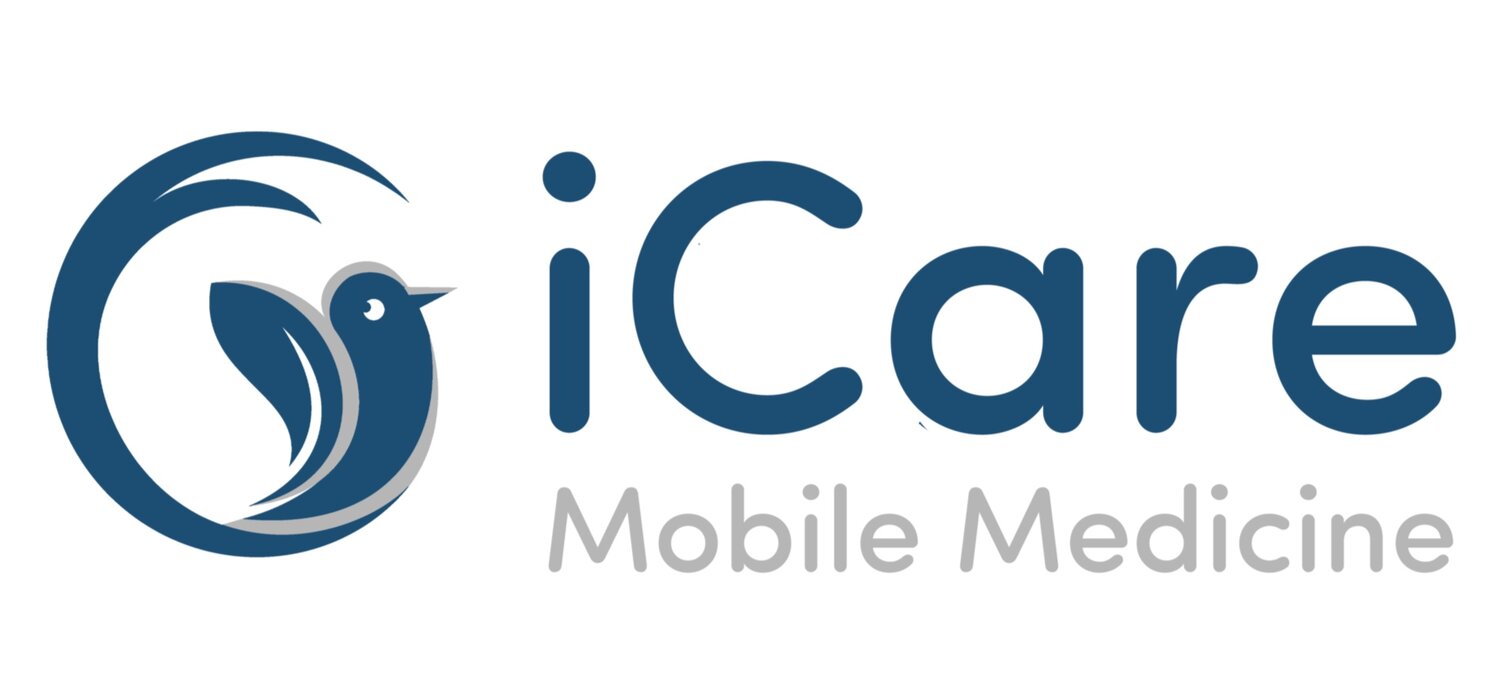I’ve been exposed to COVID-19, now what?
How you can be exposed to COVID-19
Research shows that COVID-19 spreads mainly from person to person. Spread typically occurs between people who are within 6 feet of one another for a total of 15 minutes or more. COVID-19 spreads through respiratory droplets that come from the mouth or nose when a person who is infected with the virus sneezes, coughs, or speaks.
The virus can also be spread through airborne transmission, meaning the person who is infected releases very small particles with the virus that linger in the air and may be able to infect people who are further than 6 feet away. This type of spread typically only occurs in enclosed spaces with poor air flow.
Lastly, the COVID-19 virus can be spread through the contact of surfaces that have been contaminated with the virus.
Steps to take if you have been exposed to someone with COVID-19
In order to have been exposed to COVID-19 you would have needed to come in close contact with a person who has tested positive for the virus.
Close contact means:
Being within 6 feet of a person who has COVID-19 for a total of 15 minutes or more over a 24-hour period or
Having direct exposure to respiratory secretions (e.g., being coughed or sneezed on, sharing a drinking glass or utensils, or kissing).
COVID-19 can pass to close contacts starting from 2 days before the person became sick (or 2 days before they tested positive if they never had symptoms)
People who have been in close contact with someone who has COVID-19 need to quarantine. You will need to quarantine even if you have been vaccinated for COVID-19.
Stay home and quarantine. You must avoid contact with other people to avoid spreading the virus.
Monitor your health for 14 days after your last contact with the virus.
Take your temperature with a thermometer two times a day and watch for fever. Other symptoms to watch for are: shortness of breath, cough, chills, muscle pain, sore throat, or new loss of taste or smell.
Get tested. Contact your healthcare provider to ask about getting tested. At iCare, we can send one of our licensed medical providers to you home so you can get tested.
Get tested immediately and again 5 to 7 days after your exposure if your first test was negative.
If you develop symptoms, you should get tested immediately, even if you already had a negative test.
Even if you do not have symptoms and your COVID-19 test is negative, you will still need to monitor your symptoms for the full 14 days and stay home for at least 7 days. It is safest to stay home for 14 days.
If you are fully vaccinated for COVID-19, you do not have to get tested (even after close contact with someone with COVID-19) as long as you do not develop symptoms and don’t live or work in a congregate setting, healthcare facility, or high-density workplace. If you live or work in one of these places, you may still need to get tested after an exposure even if you are fully vaccinated.
How long should I quarantine after I have close contact with someone with COVID-19
You should quarantine for 14 days after close contact to someone that has tested positive for COVID-19.

